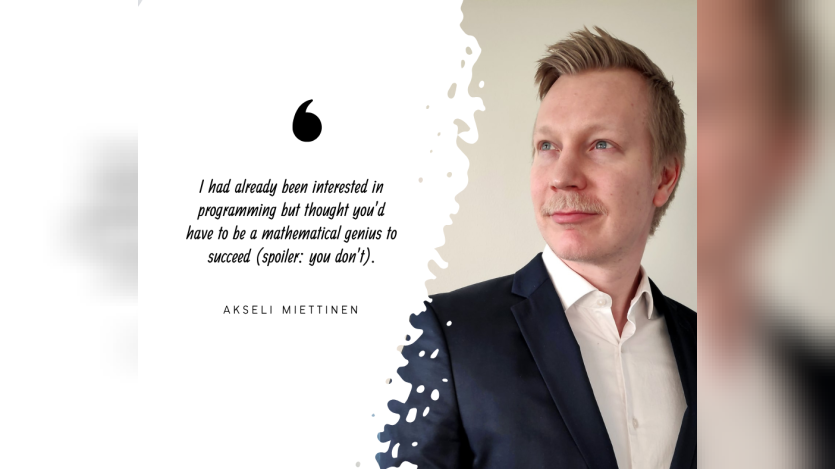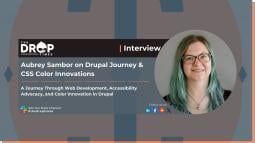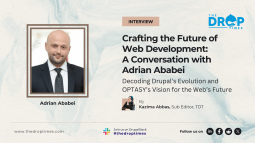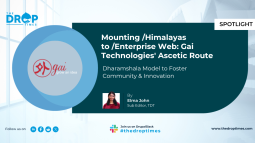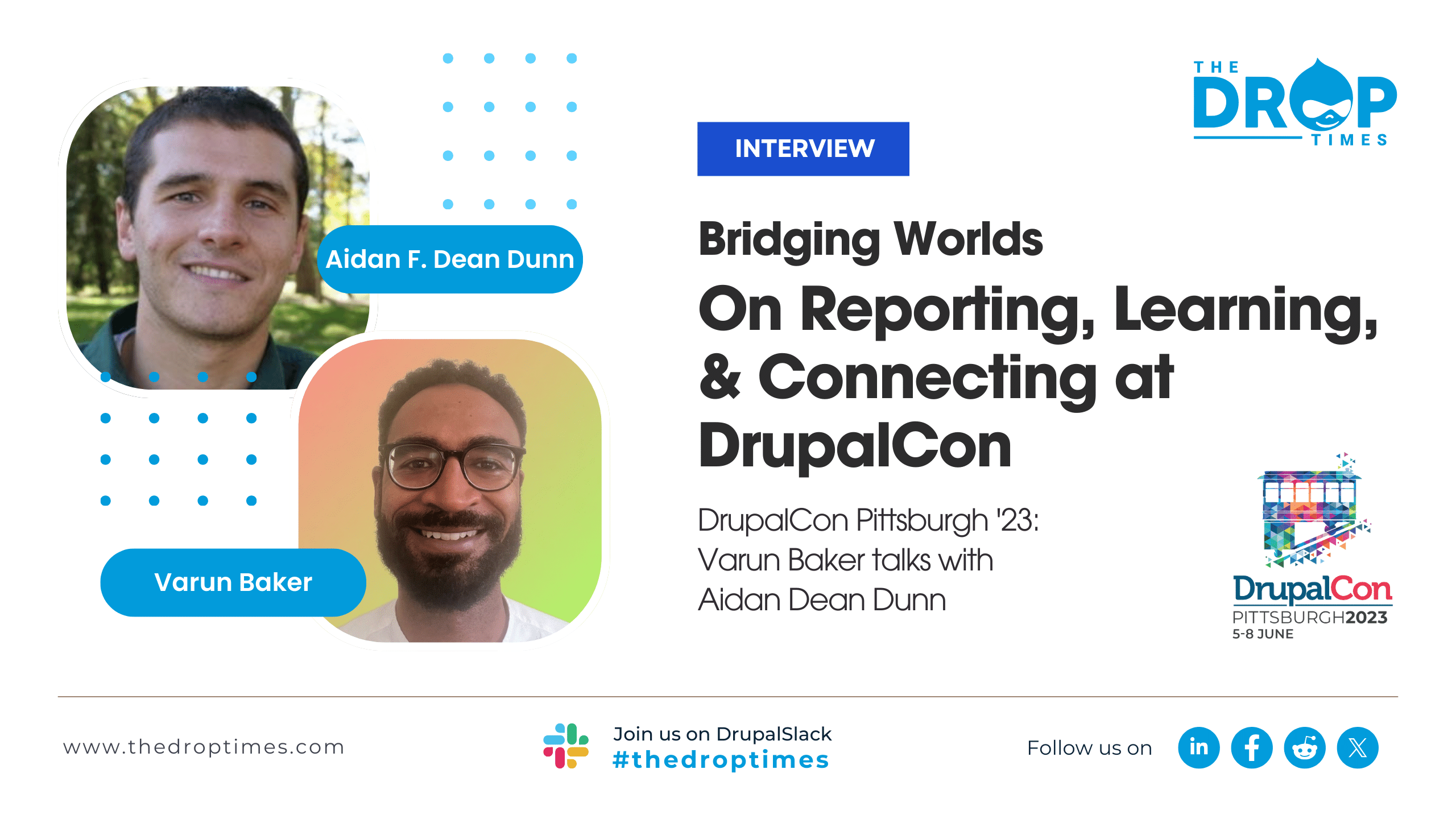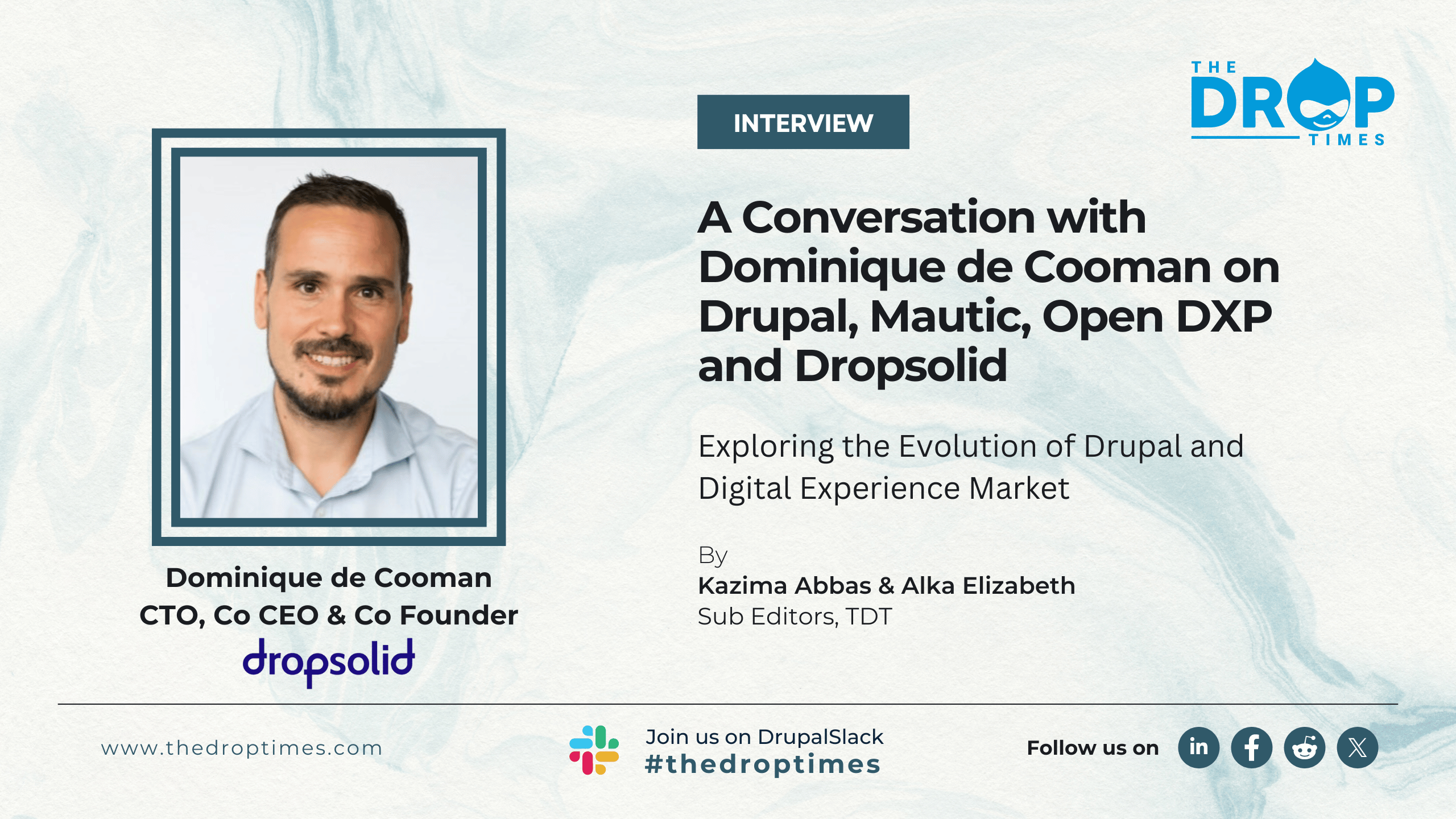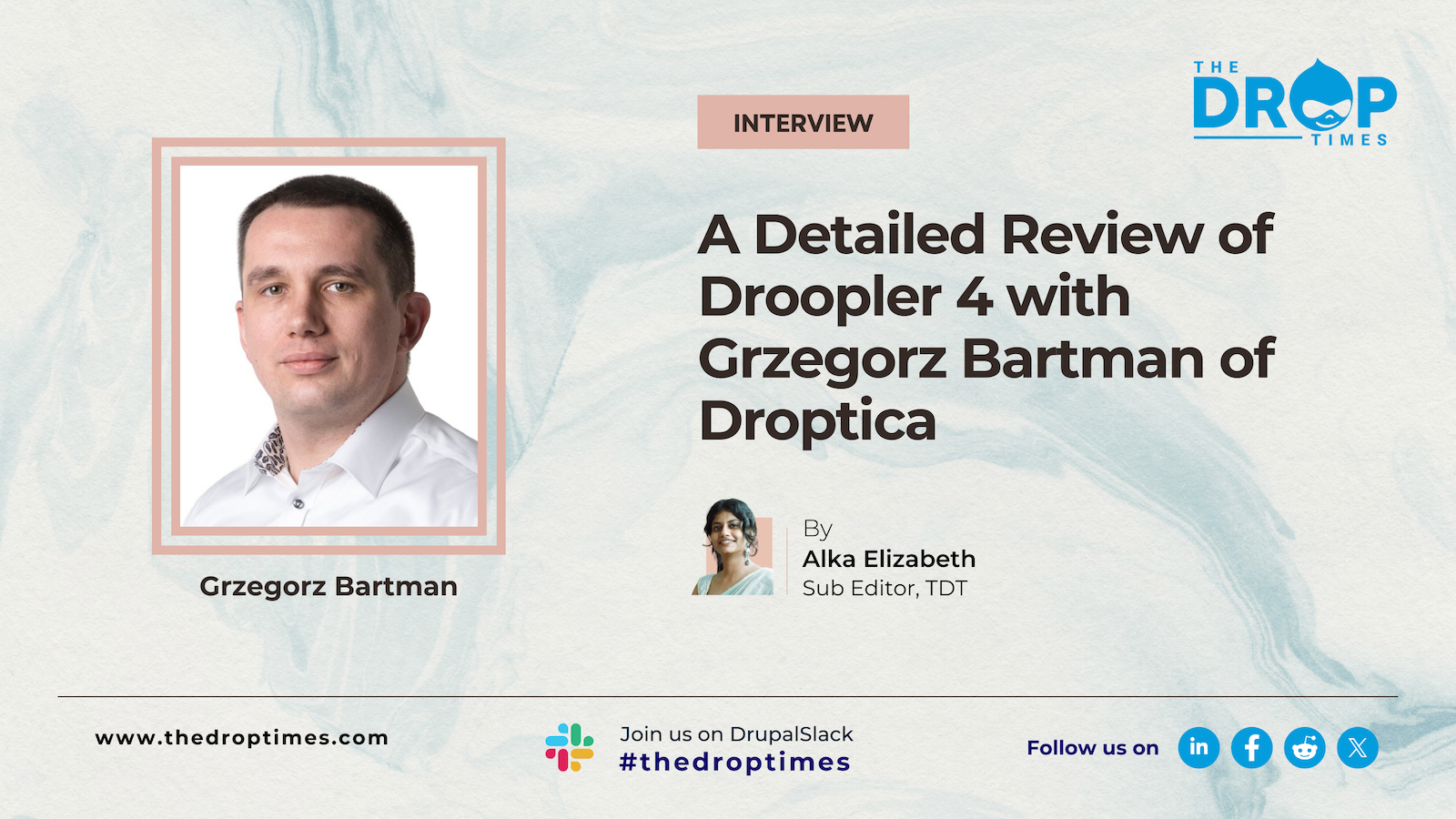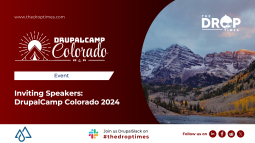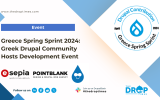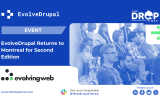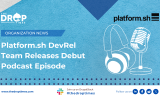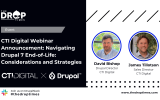Be Patient with Drupal: Akseli Miettinen | DC Finland 2023
Akseli Miettinen is an IT Consultant at Silli Solutions. He describes himself as a web developer with a human touch. Akseli turned to web development and then to Drupal during the days of the pandemic.
He was a speaker at DrupalCamp Finland in 2023. There he conducted a session, ‘How to Grow New Drupalist’. He said,
“Senior Drupal Developers don’t just appear out of thin air; we wanted to convey to Drupal companies that they need to grow them themselves.”
In this interview, Akseli speaks about Drupal, PHP and the need to mould new Drupal developers with Thomas Alias K, sub-editor at TheDropTimes (TDT).
Read TDT’s complete interview with Akseli Miettinen below.
TDT [1]: You have had different career routes before delving into coding during the pandemic. You are educated in tourism management and were working as a travel specialist. When the time came to shift your career, why did you choose coding? Were you interested in it before?
Akseli Miettinen: When the pandemic started, my working hours at the travel agency were greatly reduced, and I had more time to think about the eternal question, “What do I want to be when I grow up?”. For the last couple of years, I have been helping out our finance department, and I enjoyed that a lot. I was running the numbers, and when they didn’t add up, I’d have to logically go through the process to find where the mistake/error occurred. After a frustrating search, I got great satisfaction when I finally found the culprit and fixed the issue. There’s something very similar to programming in it.
I had already been interested in programming but thought you’d have to be a mathematical genius to succeed (spoiler: you don’t). Working in the finance department gave me the confidence to pursue programming. Also, I was on my way to becoming a dad, which motivated me to get my act together and ensure I could provide for my family and offer financial security.
TDT [2]: How do you assess the learning curve of Drupal? Please tell us how you started your journey with Drupal. Did you face any specific difficulties?
Akseli: Drupal is infamous for initially requiring a steep learning curve; at least for me, it’s true. I had done some online courses and, in January 2021, started studying programming full-time at Helsinki Business College’s Full Stack Web Developer program. There are studies, we had one course on Drupal, and it felt very challenging; even for the simplest custom thing, you’d have to write multiple files, and I couldn’t fully grasp the logic there.
Some companies presented themselves to us and what they could offer potential interns. One of the companies was its consultancy agency Siili Solutions, and they talked about their Mentor and Apprentice program for Drupal, where the idea is that you don’t have to be a ready developer if you’re eager to learn and show some technical skills, they’ll train you in house and then put you to work. Best of all: they’ll pay a salary from day 1.
Naturally, this was very appealing for us students since the time to apply for an internship was closing in. I applied along with most of the class and was lucky to get in. On November 8th 2021, a classmate and 3 others started the Mentor & Apprentice program, which was much more. That’s when I really started to get Drupal.
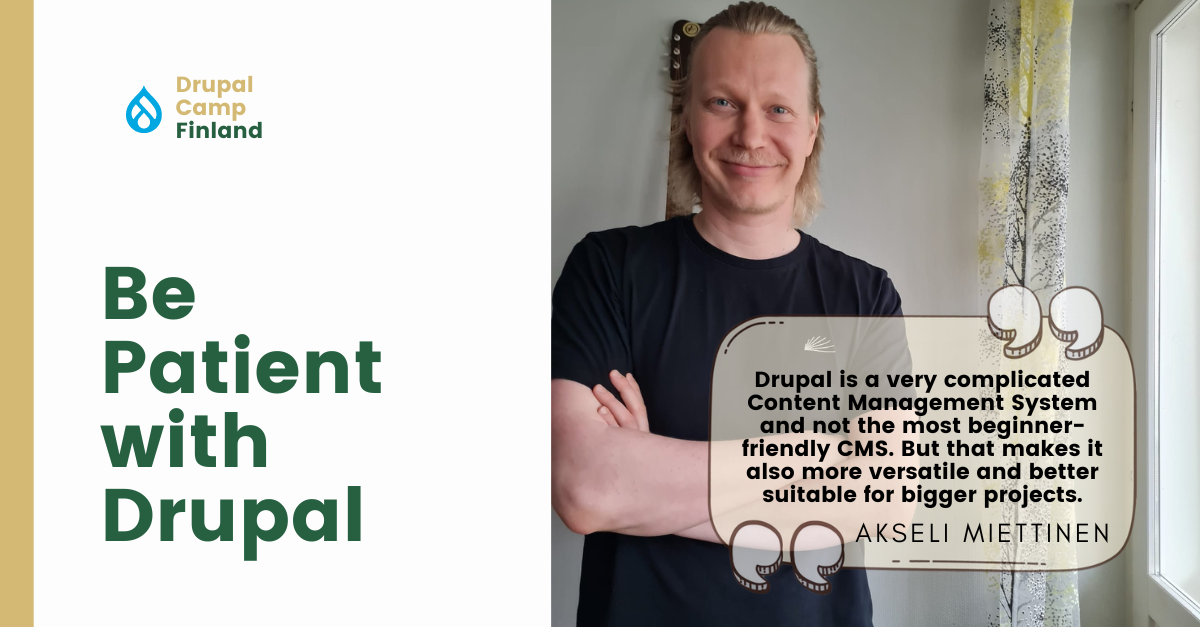
It was very inspiring to learn Drupal from people who have been doing it for years and have hands-on experience. By the end of the year, I was assigned my very first project and have been working with Drupal happily ever since.
One of the difficulties I had with Drupal is that it’s based on the PHP language. That wasn’t my favourite language to study, but on the bright side, I did enjoy learning its framework, Symfony, which modern Drupal uses. Also, PHP might not be the trendiest of languages, but it’s battle-tested and is used as a server-side language by nearly 80% of all websites (https://w3techs.com/technologies/details/pl-php), so not a bad language to know if you are/want to be a web developer.
TDT [3]: Do you have any guidelines for newcomers to Drupal? Do you think more developers should take up learning and exploring Drupal? Why?
Akseli: For beginners, my advice is to be patient. Drupal is a very complicated Content Management System and not the most beginner-friendly CMS. But that makes it also more versatile and better suitable for bigger projects. That’s why for example, NASA, the government of Germany and a lot of the public sector in Finland has their website done with Drupal.
I think more developers should take up Drupal since there’s more demand for Drupal developers than there’s supply. Also, it’s evolving at a fast pace. Also, doing headless Drupal projects has become easier and, therefore also, more popular in recent years.
For example, the project I’m working on is headless, and I also get to a lot of React.js, which I like. Of course, going headless is not nearly always the best solution, and I’m not saying “Drupal is great because you don’t have to do Drupal”, but it shows that Drupal has a lot of flexibility.
TDT [4]: Incidentally, your session at DrupalCamp Finland will be dealing with ‘How to Grow New Drupalist’. What are you trying to convey through the session?
Akseli: The idea for the presentations stems from the fact that there’s a definite demand for Drupal developers. Since Senior Drupal Developers don’t just appear out of thin air, we wanted to convey the message to Drupal companies that they need to grow them themselves.
Our experience as new Drupalists has been extremely positive, and not just for ourselves. The company has been happy with us also. Since we work in the consultancy business, the clients have been pleased with us.
It’s in the interest of the Drupal community to get more members: the stronger the community, the stronger Drupal itself is, since the more there are Drupal developers, the more there are people to contribute to it, talk about it and the more appealing option it is for businesses to use.
TDT [5]: One major problem the Drupal community faces is the low number of new developers. Let alone Drupal; for any long-standing Free and Open-Source project, the average age of novice developers flocking into the ecosystem is not great. Most of the faces have been here for years. What can be done to address this problem? Should organisations take the lead in solving it?
Akseli: Drupal is developing at an increasing pace, and I believe it will make it more appealing. Also, contributing to it has been made easier than before, and I feel like Drupal does listen closely to how users respond to it and tries to find ways to improve constantly. These are all great, and I believe that organic growth will follow it, but organisations can also help grow the community.

One of the points in our presentation was that there isn’t a clear path to becoming a Drupal developer; Drupal is not very widely known. For this reason, collaboration with educational institutes is important and an excellent way to raise awareness of Drupal and attract new, excited and eager developers.
TDT [6]: What are your suggestions about improving Drupal’s appeal to the public? Are community events and outreach doing enough, or must they improve?
Akseli: I think community events are great for the community, but they mainly appeal to the existing Drupal developers. There’s much room for improvement in approving Drupal’s appeal to the public. For events, maybe there could also be some presentations that would be interesting to businesses who might be thinking about using a CMS or to developers who are not yet familiar with Drupal.
TDT [7]: What are the major outcomes from this edition of DrupalCamp Finland, according to you?
Akseli: There were many exciting topics, and I learned a lot. To mention a few of my favourites: “Drupal 10: What’s New and What’s Next” by Lauri Eskola, “ICT Greenhouse Gas Emissions Are Exploding - How Drupal Community Should Engage and Contribute Their Part” by Janne Kalliola and “Psychological Safety - key to an effective and happy team” by Akira Ahola and Eeva Ojanen.
This was my second community event. I had taken part in DrupalCamp 2022 in Prague, which was also a fantastic event, but this was a much smaller one, making it more intimate. The atmosphere, the sense of community and the discussions were the best part for me.
For example, our presentation took maybe 20 minutes from the 45 min time slot, but it sparked a lively conversation about the topic that went overtime.
There was also a group from my old school, Helsinki Business College, and the students also seemed very interested, which I was glad to see, and some of them came to talk to me afterwards. Also, the afterparty was an important part of the event!
Disclaimer: The information provided about the interviewee has been gathered from publicly available resources. The responsibility for the responses shared in the interview solely rests with the featured individual.
Note: The vision of this web portal is to help promote news and stories around the Drupal community and promote and celebrate the people and organizations in the community. We strive to create and distribute our content based on these content policy. If you see any omission/variation on this please let us know in the comments below and we will try to address the issue as best we can.



